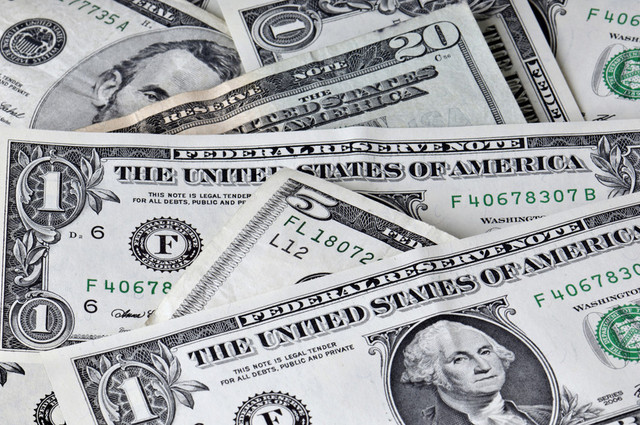Amazon and Overstock have been fighting the New York law, which like California's statute says that affiliate sellers create a taxable business presence. The companies lost a March decision in the New York Court of Appeals. According to The New York Times:
[The court] ruled that the companies had a sufficient presence in the state because of affiliated independent sites that linked to the retailers in return for a commission. “The bottom line,” Chief Judge Jonathan Lippman wrote for the majority, “is that if a vendor is paying New York residents to actively solicit business in this state, there is no reason why that vendor should not shoulder the appropriate tax burden.”
The chief judge added that it might be time to reconsider the basic rule that states may not collect taxes from out-of-state companies without some physical presence in the state, a principle recognized by the United States Supreme Court in its 1992 decision in Quill Corp. v. North Dakota.
“The world has changed dramatically in the last two decades,” Chief Judge Lippman wrote, “and it may be that the physical presence test is outdated. An entity may now have a profound impact upon a foreign jurisdiction solely through its virtual projection via the Internet. That question, however, would be for the United States Supreme Court to consider.”
The next stop for Amazon and Overstock was the U.S. Supreme Court. Today, without comment, the high court declined to take the case. The bottom line for shoppers: state online sales tax laws in California, New York and elsewhere will stand. Maybe, somewhere down the road, Congress will act to make the tax collections universal for larger businesses.
And until then, remember: If you buy taxable goods online, you owe the tax whether it's collected or not. But that's another story.
Below: The latest writeup on the New York case from the Associated Press:
By Jesse J. Holland
Associated Press
WASHINGTON — On perhaps the busiest online shopping day of the year, the Supreme Court refused on Monday to wade into a dispute over New York state's taxes on purchases on websites like Amazon.com. The move likely will prompt more states to attempt to collect taxes on Internet sales — and ignite a furious battle in Congress involving Internet sellers, brick-and-mortar stores and states hungry for extra tax revenue.
The high court without comment turned away appeals from Amazon and Overstock.com Inc., in their fights against a New York court decision forcing them to remit sales tax the same way in-state businesses do. This could affect online shopping in that state, since for many shoppers one of the attractions of Internet purchasing is the lack of a state sales tax, which makes some items a little cheaper than they would be inside a brick-and-mortar store.
The National Council of State Legislatures estimated that states lost an estimated $23.3 billion in 2012 as a result of being prohibited from collecting sales tax on online and catalog purchases.
Web retailers generally have not had to charge sales taxes in states where they lack a store or some other physical presence. But New York and other states say that a retailer has a physical presence when it uses affiliates — people and businesses that refer customers to the retailer's website and collect a commission on sales. These affiliates range from one-person blogs promoting the latest gadgets to companies that run coupon and deal sites.
Amazon and Overstock both use affiliate programs. Amazon has been collecting sales tax in New York as it fights the state over a 2008 law that was the first to consider local affiliates enough of an in-state presence to require sales tax collection. Overstock ended its affiliate program in 2008 after the law passed.
But each state has its own rules on Internet sales taxes. While this settles the issue for New York state, other states like Illinois have come to different conclusions — meaning that some Americans will still get state-tax free Internet purchases from certain websites, while others won't simply because of where they live.
And the big Internet sellers aren't giving up. After the decision, both Amazon and Overstock said they plan to take their case to Congress in hopes of getting a federal decision on state-level Internet sales taxes that would apply to every state uniformly.
"States might take courage from this non-decision but they shouldn't," said Jonathan Johnson, executive vice chairman of Overstock.com. Johnson pointed out that they pulled their New York affiliate operations in 2008 after that state passed its law, and that other companies fled Illinois after that state passed a similar law.
Internet companies will simply operate in states that have laws advantageous to their businesses, Johnson said. "Unless all the states choose to do this, I think there will be a strong affiliate market" somewhere, he said.
 Last year, Cyber Monday had a distinctly different feel for Californians: Under a state law passed in 2011, they were paying sales tax for the first time on purchases they made on Amazon and many other online sites.
Last year, Cyber Monday had a distinctly different feel for Californians: Under a state law passed in 2011, they were paying sales tax for the first time on purchases they made on Amazon and many other online sites.